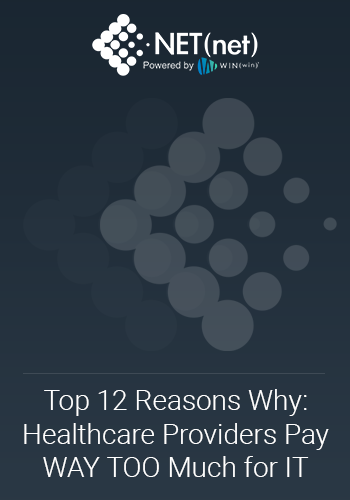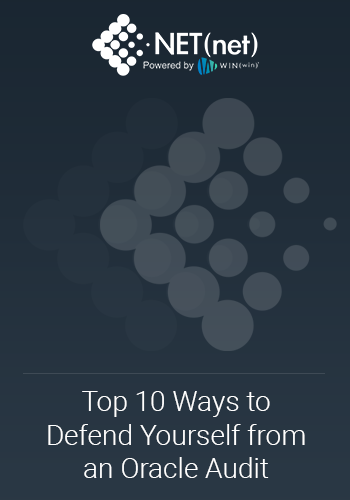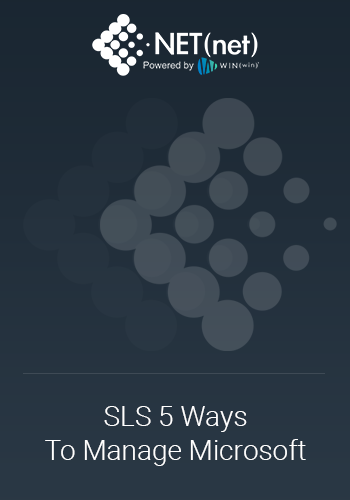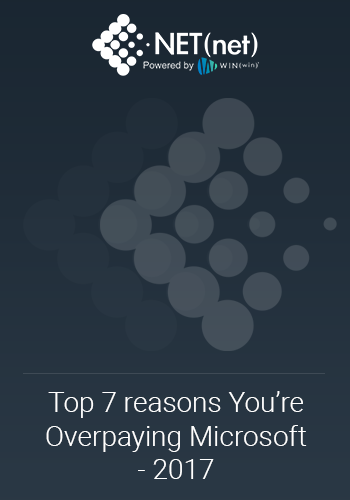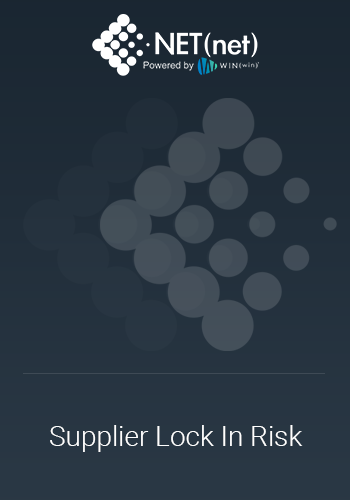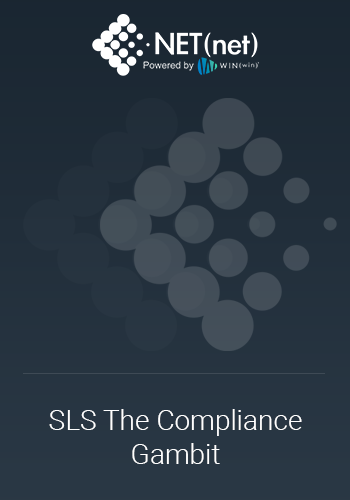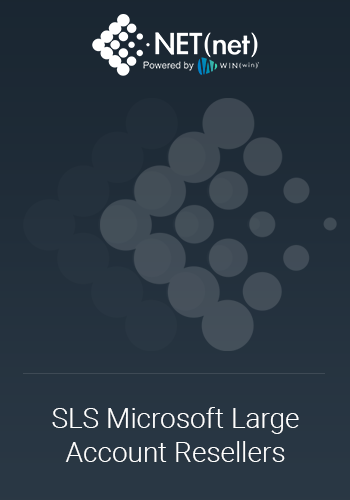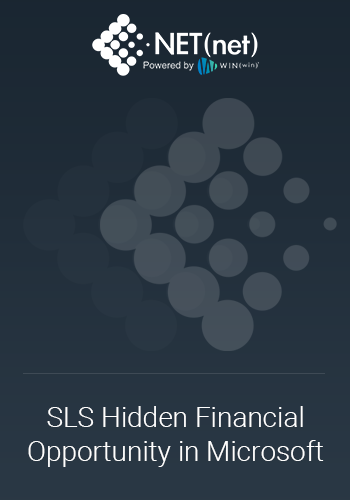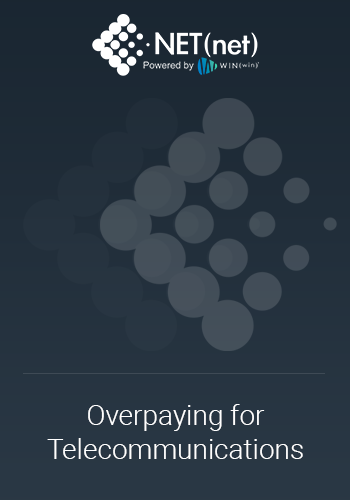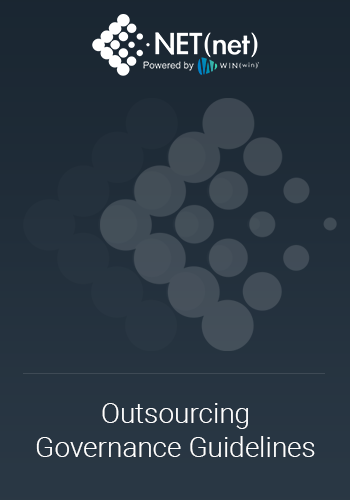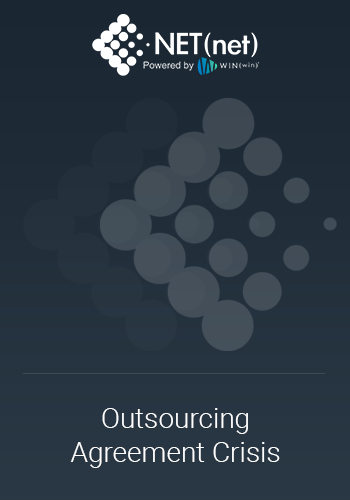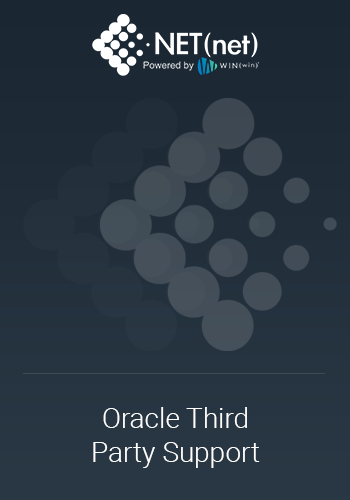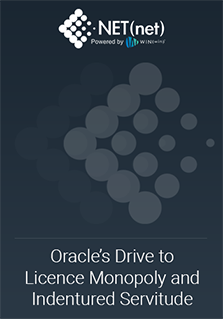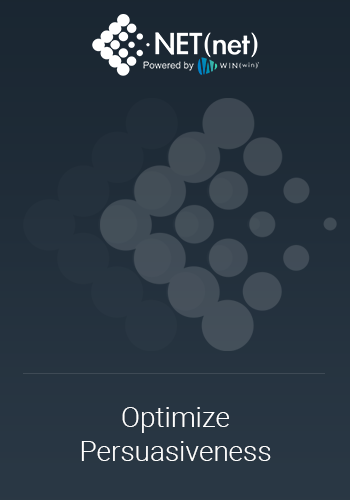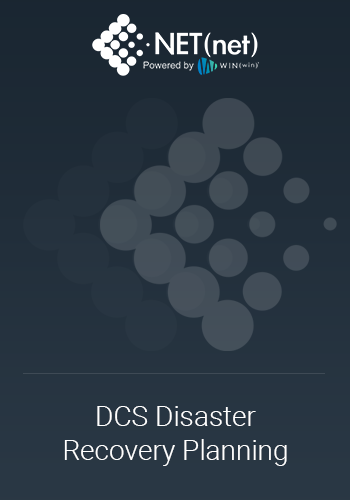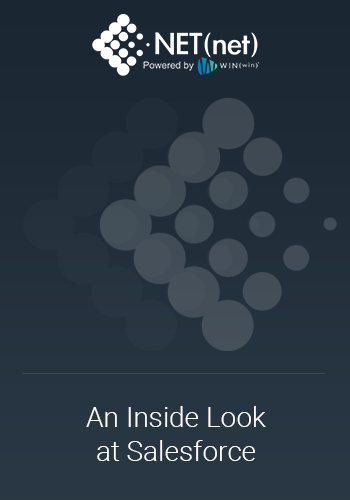Are you familiar with one of the ugliest spats in Silicon-Valley – Oracle vs. HP? If not, I would be surprised, as most of their dirty laundry has been airing everywhere other than in private.
These two former ‘partners’ used to pitch a best of breed strategy while competing directly against the likes of IBM, and told customers to buy HP servers and Oracle software, instead of buying bundled solutions from IBM, because they made better respective point solutions, and by partnering together, their bundled solutions were performance optimized, and due to their strategic collaboration, their service and support was every bit as good as IBMs.
That was great, right up until Larry Ellison fell in love with Steve Jobs, and subsequently, Oracle decided it wanted to become Apple, making both the hardware and the software vertically integrated into systems that promised to be better performing due to the single supplier control of all components, and the ability to truly optimize performance. Now if only Oracle could get an Exadata Machine to look as cool as an iPhone – maybe they’d be on to something.
Anyway, in its pursuit of Apple-like market domination, Oracle needed to capture a platform player, and bought fallen dot com star and server maker Sun Microsystems for $7.3B last year. That put Oracle and HP at odds, and thrust them into direct competition in an area that just a year ago, Oracle preferred to have go to HP as opposed to rival IBM, whose DB2 database competes with Oracle’s core database software.
Then, there was this whole sordid affair with former HP CEO Mark Hurd, who ‘resigned’ under pressure from HP’s board for what boils down to fudging some numbers on an expense report apparently to try to conceal an ‘inappropriate’ relationship with a former soft core porn star turned marketing consultant / corporate greeter… although HP declares that after an extensive (albeit unilateral) investigation, they found that Hurd did not commit sexual harassment (while he was a liability for HP).
As HP and Mark Hurd were battling it out in the courts of public opinion, Larry Ellison just couldn’t resist, and had to let us know that he thought HP’s board was a joke. Among other things, he called the ouster of Mark Hurd, ‘the worst personnel decision since the idiots at Apple fired Steve Jobs’. See, I told you he loves Jobs.
After Hurd was out at HP, Ellison hired him at Oracle to replace Charles Phillips – who was sort of ousted himself to make room for Mark Hurd, Oracle’s new co-President, sharing the job with Safra Catz. The hiring decision was another source of litigation between Oracle and HP, but has since been settled after Hurd agreed to give back some of his stock options and severance pay, among other concessions.
HP soon struck back at Oracle by hiring former SAP (Oracle’s primary competitor in business software) CEO, Leo Apotheker (who was sort of ousted himself after a huge public blunder of trying to force SAP customers through a 30% increase in annual support costs). During the time Apotheker was starting his new gig at HP, Oracle was trying to serve him with a subpoena to appear in court and explain his role in SAP’s alleged corporate stealing of confidential Oracle information and its improper use by an SAP subsidiary to lure away Oracle customers. Shortly after Apotheker started, he said his focus at HP would be disproportionately on the growth of enterprise software (a historically weak area for HP), taking dead aim right back at Oracle.
The latest ‘issue’ between these former friends is the issue of Oracle announcing its plans to terminate future development of its software on the Intel Itanium chip, and HP’s subsequent suit of Oracle for broken promises. HP is the primary business user of Itanium chips and uses them in its servers, and HP claims Oracle had previously “promised” to continue active development due to all the joint customers that had invested in the HP / Oracle “partnership”.
So who is really the bigger fool in this mess? Well, Microsoft and RedHat dropped Itanium support much earlier than Oracle did and stated that it was clear that Intel was no longer willing to actively invest into Itanium chips at an appropriate level.
If, at the end of this latest scrum, the world sees that Intel's Itanium roadmap was clearly end of life, Oracle will once again come out on top and HP will again be shining a huge public light on its own mess – and will have only itself to blame. It stands to reason that Oracle may just be using this Itanium angle as an opportunity to migrate customers away from HP to Oracle (Sun) Servers, but sometimes being right doesn’t translate into winning.
HP’s history of chip exploitation has been somewhat checkered at best. HP’s non-stop system had mainframe like quality, availability, and performance numbers, yet most people don’t think of HP when they hear MIPS, and can barely remember Tandem. HP also had PARISC, but let that investment flounder, and don’t forget the old DEC Alphas that once were prominent and are now a punch line. HP’s latest multi-billion dollar investment with Intel, wasn’t even on its flagship product offering, rather a niche and seldom used chip called Itanium. It seems that if HP wanted to use Intel's processors, it could have developed HP-UX on Intel's x86 platform, instead of Itanium – and it wouldn’t have to rely on back room agreements and dark promises from its so-called business partners.
The bottom line on this is that both HP and Oracle seem to be spending WAY too much time focusing on all the wrong things about each other and themselves, and not nearly enough time focusing on the needs of their customers. In this most recent battle, it seems that HP is once again so busy trying to be right, that they can’t recognize that Oracle is just simply trying to win.
In truth, most of our clients are systematically trying to move away from both Oracle and HP. So, who is the big winner in these ongoing disputes between Oracle and HP? It might just be IBM – who recently celebrated its 100th anniversary. If things continue to stay off track between Oracle and HP, it might give customers another reason to help make the start of the next 100 years at IBM ever bit as successful as the last century.
NET(net)’s Website/Blogs/Articles and other content is subject to NET(net)’s legal terms offered for general information purposes only, and while NET(net) may offer views and opinions regarding the subject matter, such views and opinions are not intended to malign or disparage any other company or other individual or group.

